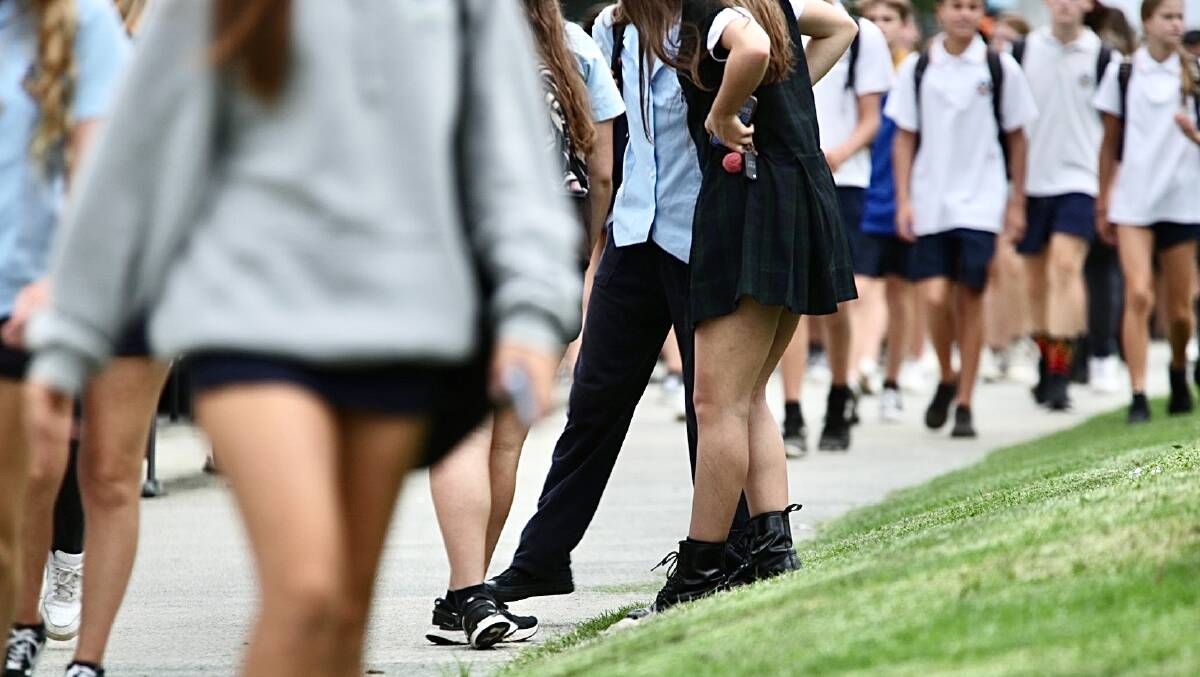Two-thirds of year 10 students in the ACT and other states with lengthy COVID school shutdowns say their studies have suffered due to the pandemic, a new survey shows.
The Australian National University, with the Australian Council for Educational Research and the Social Research Centre, surveyed more than 18,000 year 10 students from 300 high schools in what has been touted as "the largest longitudinal study of its kind".
The first survey of the 10-year study asked students about a range of topics, including their career ambitions, personal relationships and the impact of the pandemic on their learning.
It found 66 per cent of students in the ACT, NSW and Victoria, which had long school closures, felt their progress had suffered, compared to 43 per cent of students in states and territories where educational facilities were shut for fewer days.
Only 39 per cent of students from states with high levels of school closures said they felt prepared for the 2022 school year, compared to 48 percent of students from states with less closures.
READ MORE:
Students from the ACT, NSW and Victoria were also less likely to have caught up on their learning, compared to other states with fewer school shutdowns and were more likely to have fallen behind on their studies.
"Clearly we have a major cohort of young students, who are now coming to the end of their high school education, that we need to make sure are supported to catch up in the vital learning and opportunities they missed during the pandemic," said Ben Edwards, a lead researcher from ANU.
Prof Edwards said the situation was "particularly acute" for students with disabilities from jurisdictions with long school shutdowns, who reported falling behind in their education at higher rates compared to their peers without a disability.

Asked about career ambitions, more than 18 per cent of students wanted to work in health, closely followed by jobs in design, engineering, science and transport.
When broken down by gender, findings showed female students were far more likely (25.39 percent) to strive for a career in health than their male (10.81 percent) and non-binary counterparts (9.37 per cent).
At the same time, male and non-binary students were far more likely to favour a career in the fields of design, engineering, science and transport.
Prof Edwards said the findings had "significant implications for the make-up of our future workforce" amid efforts to "make better and more equitable pathways for women and other underrepresented groups in fields like science, technology, engineering and maths".
The study will continue to survey the group of 18,000 young people until they are 25.

